Psychology
-
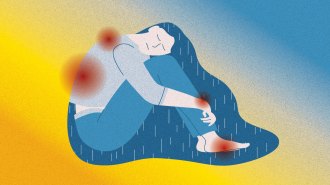 Health & Medicine
Health & MedicineA next-gen pain drug shows promise, but chronic sufferers need more options
A new painkiller nearing approval called suzetrigine may prove to be an opioid alternative. But for many with chronic pain, treatment must go beyond pills.
-
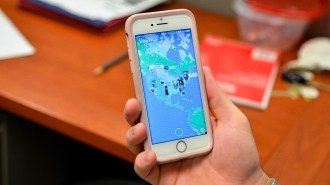 Psychology
PsychologyOnline spaces may intensify teens’ uncertainty in social interactions
Little is known of how teens learn about emotions online and then use that knowledge to cope with social uncertainty during in-person encounters.
By Sujata Gupta -
 Science & Society
Science & SocietyLanguage models may miss signs of depression in Black people’s Facebook posts
Researchers hope to use social media posts to identify population-wide spikes in depression. That approach could miss Black people, a study shows.
By Sujata Gupta -
 Psychology
PsychologyTimbre can affect what harmony is music to our ears
The acoustic qualities of instruments may have influenced variations in musical scales and preferred harmonies.
-
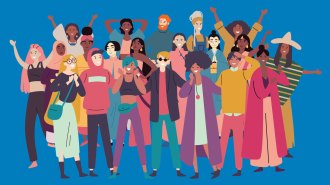 Science & Society
Science & SocietyNot all cultures value happiness over other aspects of well-being
Nordic countries topped the 2024 world happiness rankings. But culture dictates how people respond to surveys of happiness, a researcher argues.
By Sujata Gupta -
 Animals
AnimalsWhat parrots can teach us about human intelligence
By studying the brains and behaviors of parrots, scientists hope to learn more about how humanlike intelligence evolves.
-
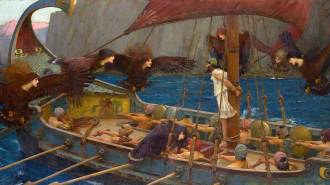 Science & Society
Science & SocietyMost people say self-control is the same as willpower. Researchers disagree
Psychologists say self-control is about planning ahead to avoid relying on willpower in the moment. Laypeople see things differently.
By Sujata Gupta -
 Psychology
PsychologyHere’s how to give a good gift, according to science
Gifting researcher Julian Givi outlines common mistakes gift givers make and how science can help us avoid those costly errors.
By Sujata Gupta -
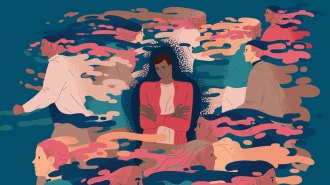 Psychology
PsychologyWhy scientists are expanding the definition of loneliness
Feeling detached from animals, places and routines can cause loneliness, researchers are learning, which may expand the list of interventions.
By Sujata Gupta -
 Psychology
PsychologyAn apology to Indigenous communities sparks a mental health rethink
The leading U.S. psychological association pledged to embrace Indigenous approaches to healing, which requires rethinking how to address mental health.
By Sujata Gupta -
 Psychology
PsychologyTime in nature or exercise is touted for happiness. But evidence is lacking
A review of hundreds of studies finds limited strong scientific evidence to support many common recommendations for leading a happier life.
-
 Psychology
Psychology‘Fires in the Dark’ illuminates how great healers ease mental suffering
Kay Redfield Jamison’s new book examines approaches used throughout history to restore troubled minds and broken spirits.
By Bruce Bower